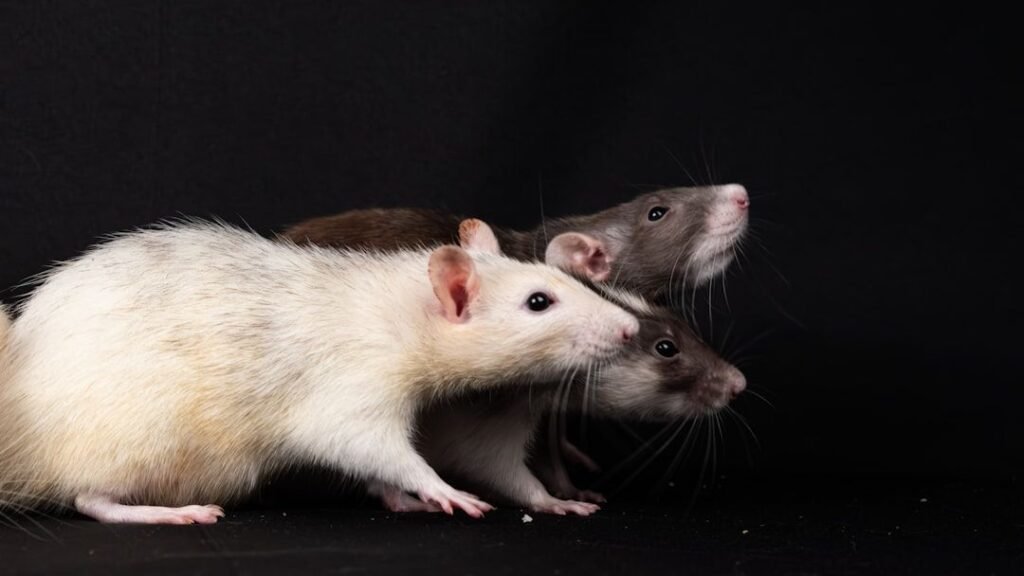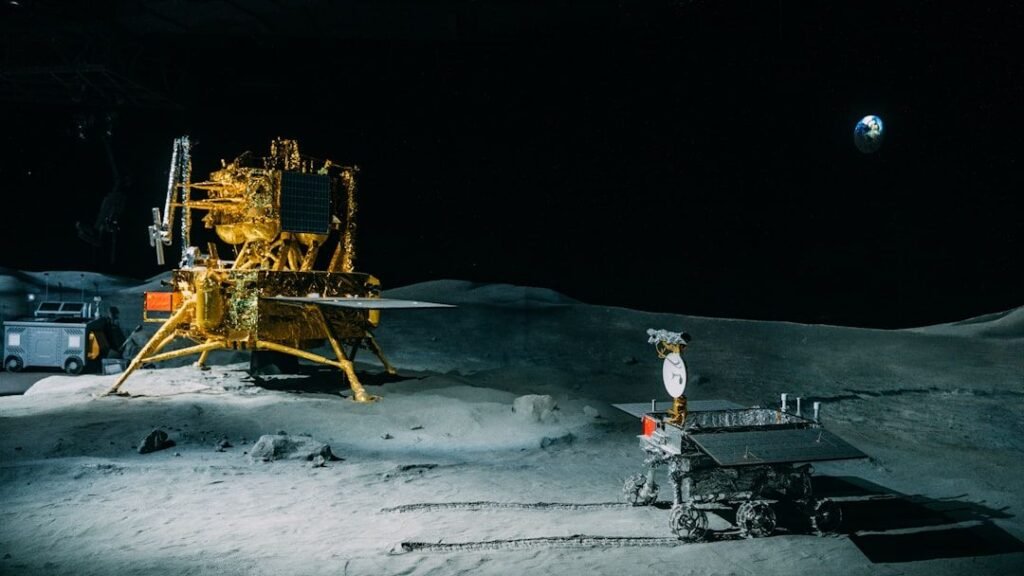There is a hidden crisis in the beautiful green fields of the British countryside. Every year, millions of tons of sewage sludge, now called “biosolids,” are spread on farms. These sludge is full of toxic chemicals, microplastics, and drugs. Even though there is more and more proof of pollution, the UK’s rules about spreading sludge haven’t been changed since 1989. This means that farms are still unknowingly dumping industrial and household waste. An explosive investigation shows that this practice, which is sold as eco-friendly recycling, could be poisoning soils, waterways, and even the food chain with almost no oversight.
The “Black Gold” Illusion: What’s Really in Sewage Sludge?
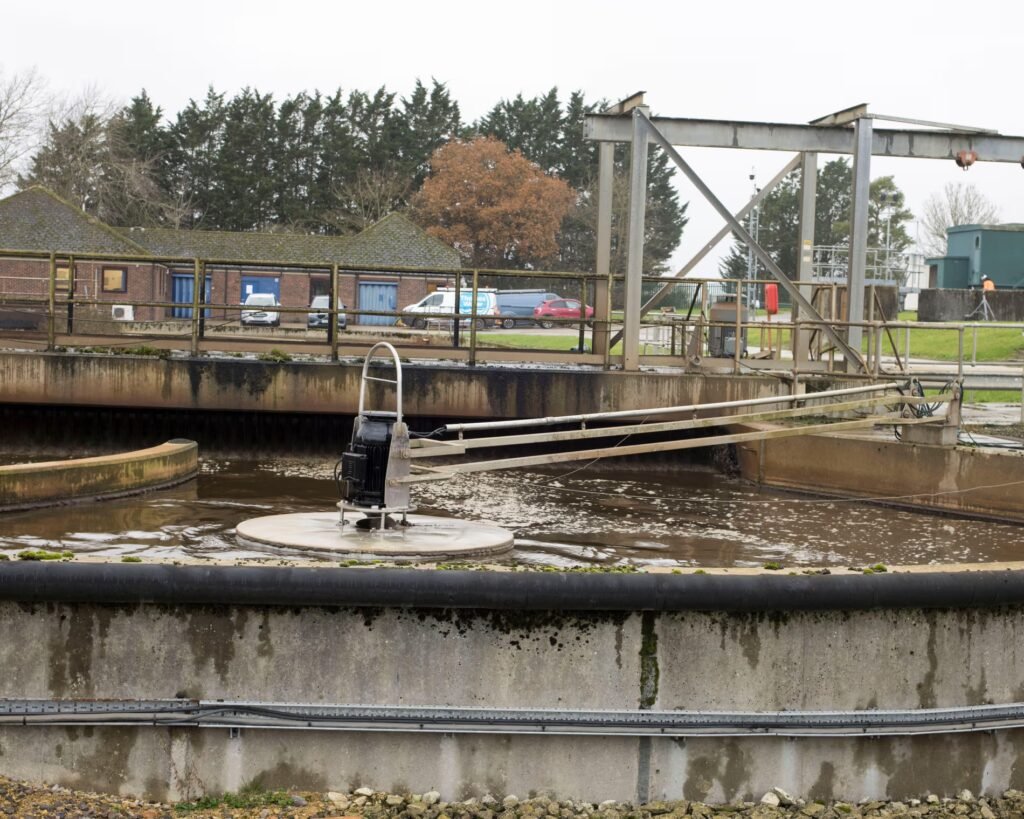
Sewage sludge is a byproduct of treating wastewater and is said to be a nutrient-rich fertilizer because it contains nitrogen and phosphates that are good for plants. But hidden under this “black gold” facade are harmful chemicals:
- “Forever chemicals” (PFAS): These man-made chemicals stay in the environment for hundreds of years and are linked to cancer, infertility, and damage to the immune system.
- Microplastics: Every year, up to 42,000 tons of them are spread on European farmland, and the UK is one of the worst affected.
- Drugs and endocrine disruptors: Water companies found hormone-altering chemicals like phthalates and nonylphenols in every sample they tested.
- Heavy metals and toxins from industry: Landfill leachate and chemical waste often get into sewage systems, where they build up in sludge.
A source at the Environment Agency (EA) said, “People have seen the sewage in rivers, they need to know about the sludge, where it goes, and what’s in it.”
A Regulatory Time Warp: 1989 Rules in a 2025 Crisis
The rules for spreading sludge in the UK are shockingly old:
- Only heavy metals like cadmium and lead need to be tested; PFAS, microplastics, and drugs do not.
- There is no regular checking of farmland for chemical buildup, even though there is proof that the soil has been contaminated for a long time.
- Weak enforcement: “Waste exemptions” let sludge spread without needing environmental permits. One EA officer said, “No one checks.” No one cares.
A 2017 EA report said that sludge made soils “unsuitable for agriculture,” but farmers were never told about the report’s results.
Silent Pollution: How Sludge Damages Rivers and Food
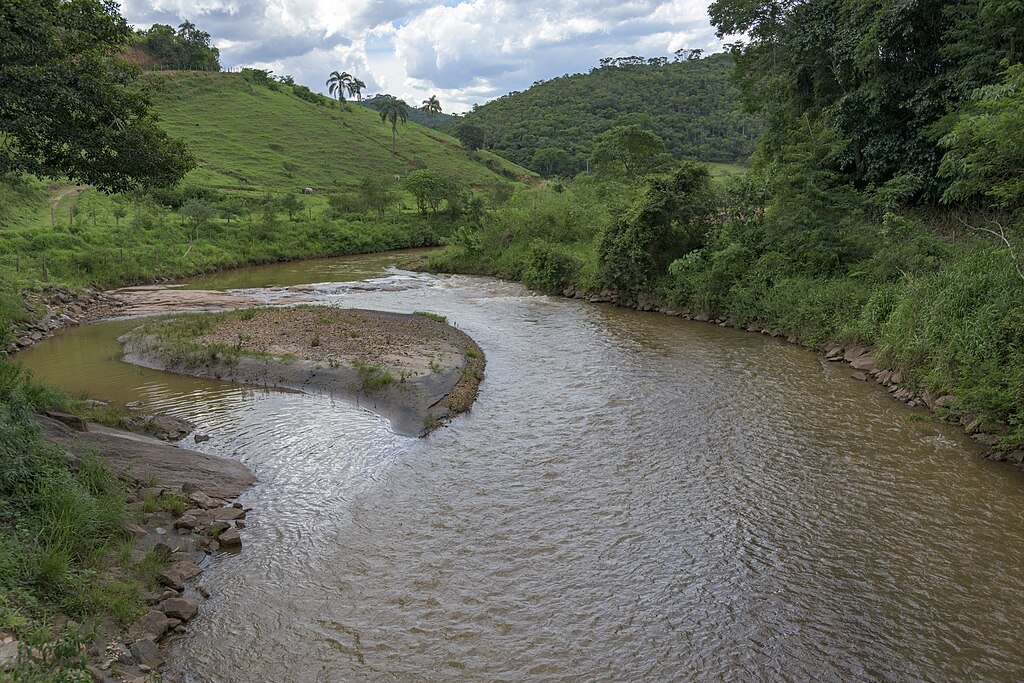
The effects of spreading sludge are already clear:
- Eutrophication: Too many nutrients cause toxic algal blooms that kill aquatic life. There are 1,277 sludge sites within 500 meters of waterways that are already polluted.
- Microplastics last a long time: A study by the James Hutton Institute found that microplastics rose by 1,450% after sludge was applied and stayed high 22 years later.
- Risks to the food chain: PFAS and drugs build up in crops and animals, but there is no requirement to test food for these chemicals.
Prof. Rupert Hough says, “We all put chemicals down the drain. These chemicals end up in the sludge and on land, where they can get into the food chain.”
The Industry’s Dirty Secret: Who Profits?
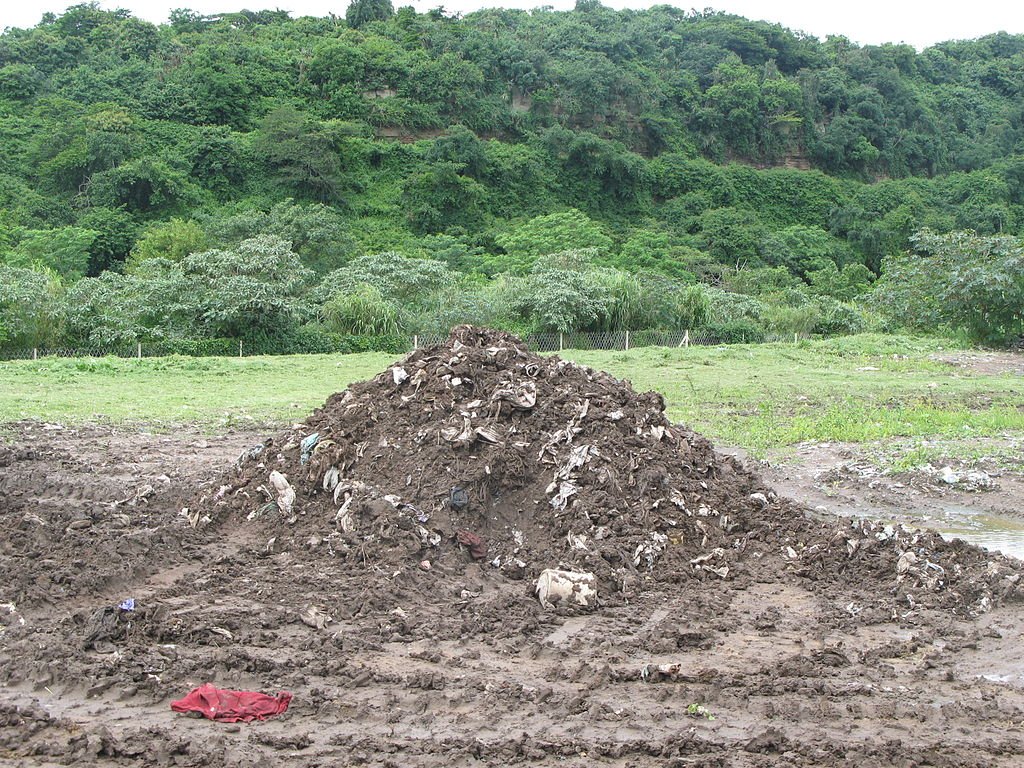
Sludge-spreading helps both water companies and farmers save some bucks, but there’s a catch.
- Water companies save, but Sludge is expensive to burn or put into landfills. It’s much cheaper, or free, to spread sewage water on farmland.
- Farmers are caught: Contaminated sludge is still widely used despite worrying about its potentially harmful effects because it’s cheaper than fertilizer. “Farmers now have a choice that is impossible: cheap but toxic sludge or expensive agrochemicals,” comments campaigner Georgia Elliott-Smith.
- Lack of regulations: Industrial facilities improperly disposing of hazardous waste often done by dumping it into sewage systems is transformed sludge into a ‘Trojan horse’ for toxic waste.
One Environmental Agency representative said, “As soon as you let industrial waste into your sewer network, your sewage becomes hazardous waste.”
Global Warnings: Why Are Other Nations Acting?
Other countries are doing some really interesting stuff, but the UK is falling behind:
- Switzerland burns all of its sludge and gets phosphorus back from the ash.
- France has put taxes in place for companies that emit PFAS and France, Netherlands, and Germany have put restrictions on the use of sludge.
- Maine, USA, stopped spreading sludge after PFAS contamination was discovered in milk and beef products.
“Other countries are paying attention… Richard Benwell of Wildlife and Countryside Link says, ‘It’s time for the UK government to set tough standards.’”
A Looming Crisis: What Happens If Farmers Say No?
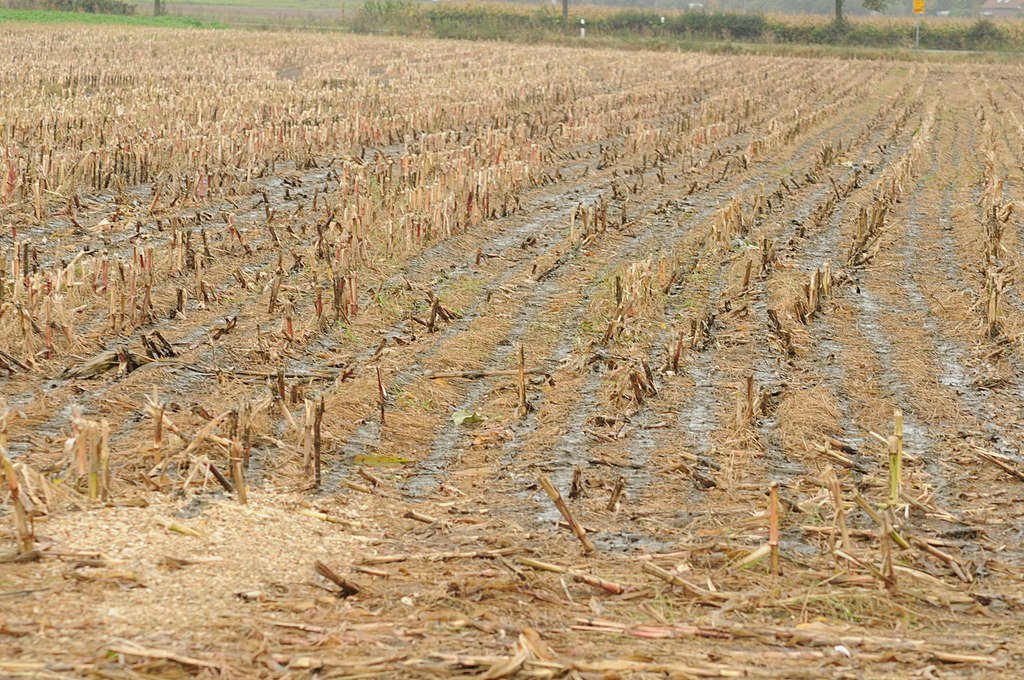
Companies that sell water are in a panic. Documents from inside show:
- If farmers don’t want sludge, the industry could have 3.4 million tons with “nowhere to go.”
- There is no “Plan B” for disposal, which could mean a costly switch to incineration that families have to pay for.
- The EA says that if farmers or retailers lose faith in sludge, the results could be “very serious.”
Georgia Elliott-Smith says, “This crisis was completely predictable. It’s gross negligence that they’re not ready now.”
Is Change Coming? The Fight for Reform
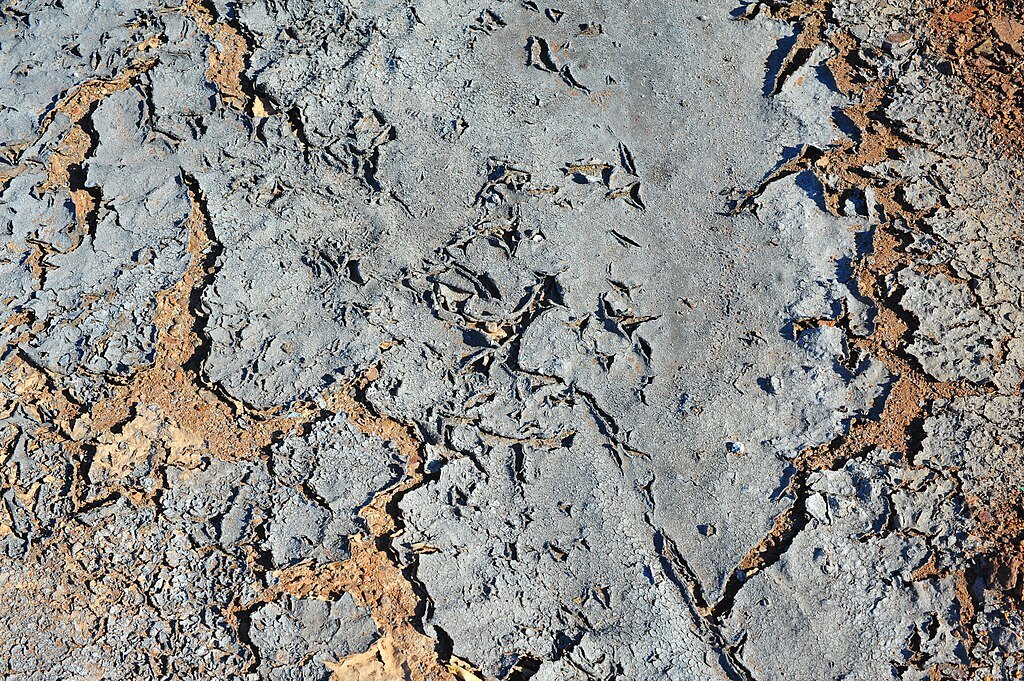
The pressure is rising:
- The Independent Water Commission is looking over the rules for sludge and will soon release an interim report.
- The EA wants to make it harder to get permits for sludge, but it needs the government’s help.
- Campaigners want a “polluter pays” system like the PFAS taxes in France.
But critics say that ministers are “regulating by inertia,” putting business interests ahead of public health.
Conclusion: A Toxic Legacy in the Making?
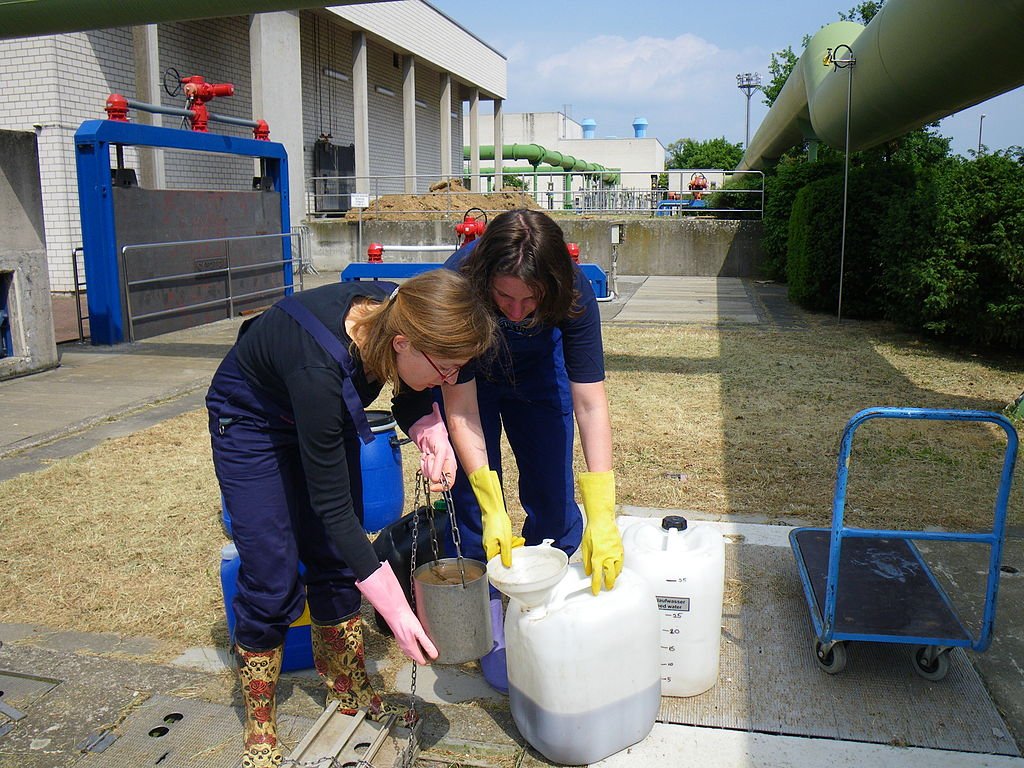
The UK’s sludge problem is an environmental disaster that happens slowly, and contaminated fields could stay toxic for thousands of years. The status quo is good for water companies, farmers, and businesses, but the long-term costs of poisoned soils, polluted rivers, and unknown health risks could be much higher than the savings.
Prof. Alistair Boxall says, “In ten years, we may find out that these molecules are bad for us and we won’t be able to clean them up.” The question is: Will the UK do something before it’s too late?
Sources:

Suhail Ahmed is a passionate digital professional and nature enthusiast with over 8 years of experience in content strategy, SEO, web development, and digital operations. Alongside his freelance journey, Suhail actively contributes to nature and wildlife platforms like Discover Wildlife, where he channels his curiosity for the planet into engaging, educational storytelling.
With a strong background in managing digital ecosystems — from ecommerce stores and WordPress websites to social media and automation — Suhail merges technical precision with creative insight. His content reflects a rare balance: SEO-friendly yet deeply human, data-informed yet emotionally resonant.
Driven by a love for discovery and storytelling, Suhail believes in using digital platforms to amplify causes that matter — especially those protecting Earth’s biodiversity and inspiring sustainable living. Whether he’s managing online projects or crafting wildlife content, his goal remains the same: to inform, inspire, and leave a positive digital footprint.


